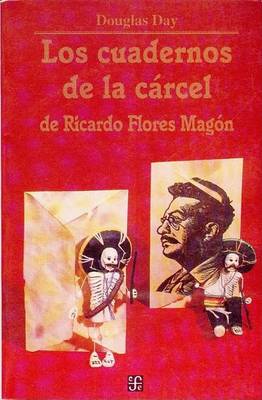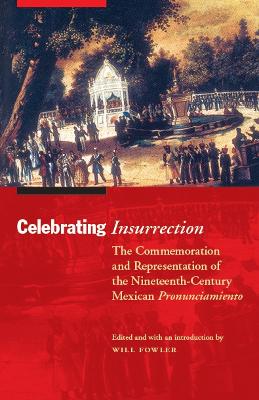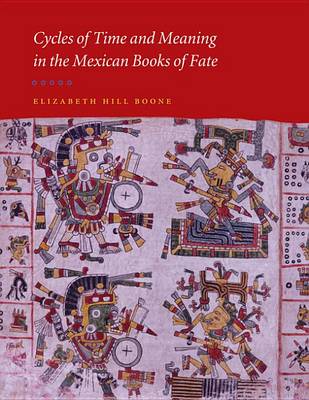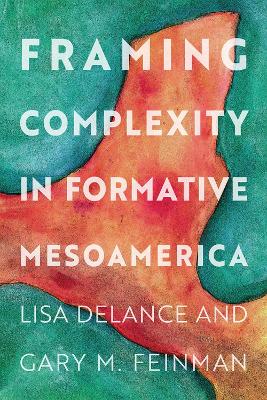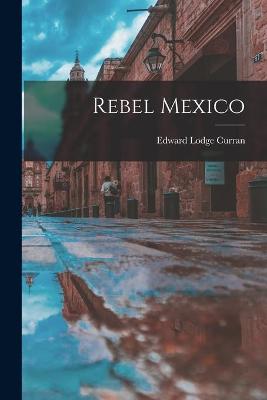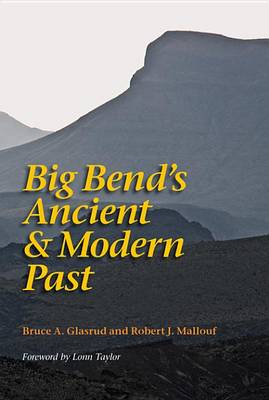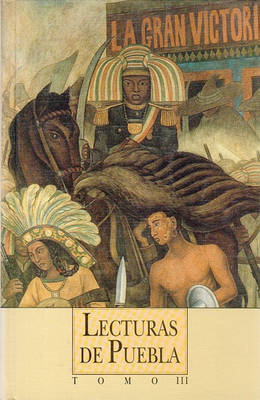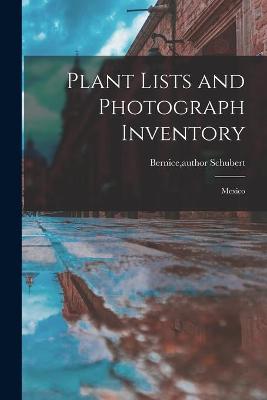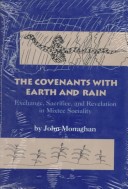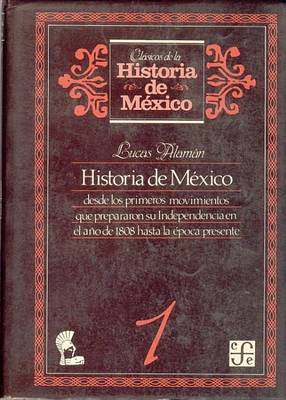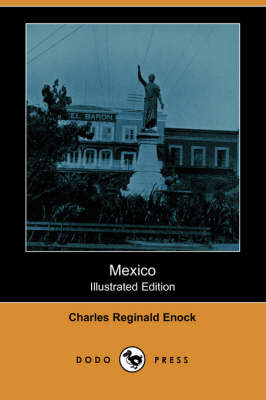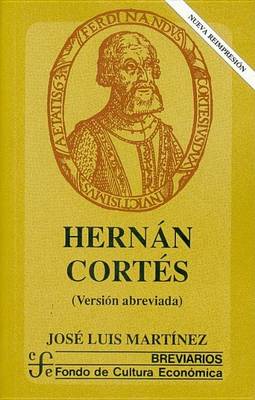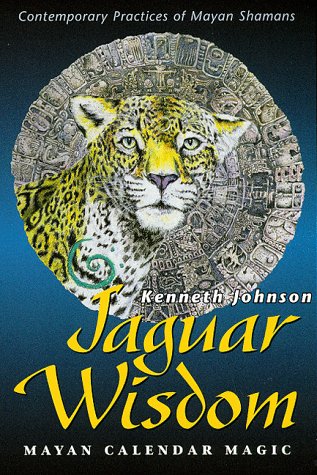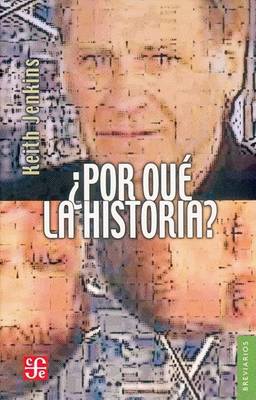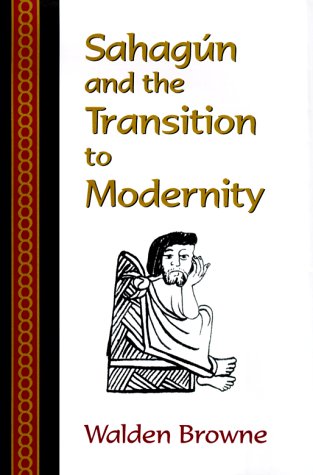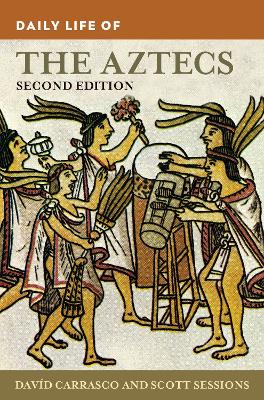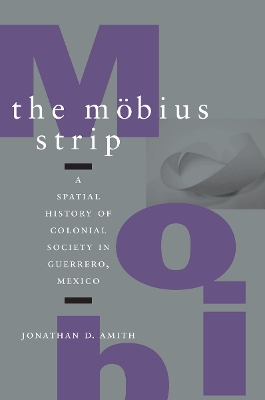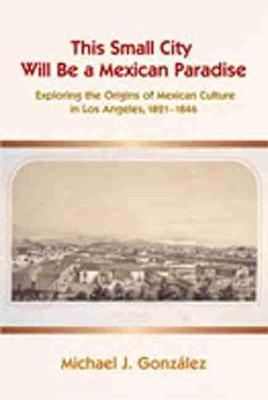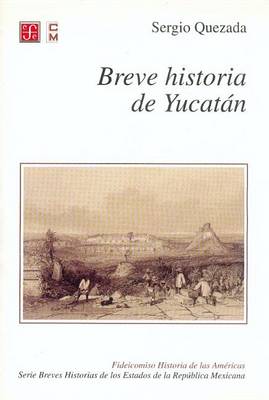War of a Thousand Deserts: Indian Raids and the U.S.-Mexican War (Lamar Series in Western History)
by Professor Brian Delay
Los Cuadernos de La Carcel de Ricardo Flores Magon (Historia)
by Enrique Otte
Fronteras Conquistadas Correspondencia Alfonso Reyes/Silvio Zavala, 1937-1958 (Coleccion Testimonios, #2)
by Alfonso Reyes and Alberto Enriquez Perea
Celebrating Insurrection (The Mexican Experience)
The pronunciamiento, a formal list of grievances designed to spark political change in nineteenth-century Mexico, was a problematic yet necessary practice. Although pronunciamientos rarely achieved the goals for which they were undertaken and sometimes resulted in armed rebellion, they were nonetheless both celebrated and commemorated, and the perceptions and representations of pronunciamientos themselves reflected the Mexican people's response to these "revolutions." The third in a series of b...
Cycles of Time and Meaning in the Mexican Books of Fate
by Dr Elizabeth Hill Boone
In communities throughout precontact Mesoamerica, calendar priests and diviners relied on pictographic almanacs to predict the fate of newborns, to guide people in choosing marriage partners and auspicious wedding dates, to know when to plant and harvest crops, and to be successful in many of life's activities. As the Spanish colonized Mesoamerica in the sixteenth century, they made a determined effort to destroy these books, in which the Aztec and neighboring peoples recorded their understandin...
The Big Bend region of Texas-variously referred to as "El Despoblado" (the uninhabited land), "a land of contrasts," "Texas' last frontier," or simply as part of the Trans-Pecos-enjoys a long, colourful, and eventful history, a history that began before written records were maintained. With Big Bend's Ancient and Modern Past, editors Bruce A. Glasrud and Robert J. Mallouf provide a helpful compilation of articles originally published in the Journal of Big Bend Studies, reviewing the unique past...
The Covenants with Earth and Rain (Civilization of American Indian S., v. 219)
by John Monaghan
Interesting ethnography explores how Nuyootecos create community through a social life based on fictional relationships that mimic family ties--Handbook of Latin American Studies, v. 57.
Hernan Cortes (Breviarios del Fondo de Cultura Econbomica, #519)
by Jose L Martinez and Josbe Luis Martbinez
The secrets of the ancient Mayan shamans will be yours to work with when you read "Jaguar Wisdom" by Kenneth Johnson. In this revealing book you will explore traditional practices and learn magical secrets that have been hidden for hundreds of years. In "Jaguar Wisdom, "you will discover the secrets of the "sastun," the stone of light. You will learn how to use it for healing, prediction, and magical workings. Revealed, too, are the mythic and spiritual meanings of each of the days of the Sacre...
Por Que La Historia? Etica y Posmodernidad (Breviarios)
by Keith Jenkins
In Sahagun and the Transition to Modernity, Walden Browne argues that Sahagun's work signals the disintegration of medieval ways of knowing in the crisis-ridden missionary environment of New Spain more than four hundred years ago. Responding to the dilemmas within the mission in New Spain, Sahagun used the tools of medieval scholasticism to place Nahua culture within a unified Christian worldview. In the face of certain Nahua traits, however, that scholasticism fell short. Browne argues that Sah...
Daily Life of the Aztecs Second Edition (Greenwood Press Daily Life Through History)
by David Carrasco
The Moebius Strip explores the history, political economy, and culture of space in central Guerrero, Mexico, during the colonial period. This study is significant for two reasons. First, space comprises a sphere of contention that affects all levels of society, from the individual and his or her household to the nation-state and its mechanisms for control and coercion. Second, colonialism offers a particularly unique situation, for it invariably involves a determined effort on the part of an inv...
Using archival materials that have largely escaped study, Michael J Gonzalez presents a bold new interpretation about life in Los Angeles between 1821 and 1846, the years that Mexico governed California. Gonzalez goes beyond descriptions of cattle, ranchos, and aristocratic landowners who disdained Mexico -- all the elements central to the romance of the 'California Pastoral' -- and introduces an alternative view. He argues that the people of Los Angeles, the angelenos, feared Indians. To ease t...
Breve Historia de Yucatan (Serie Breves Historias de los Estados de la Republica Mexicana)
by Sergio Quezada

